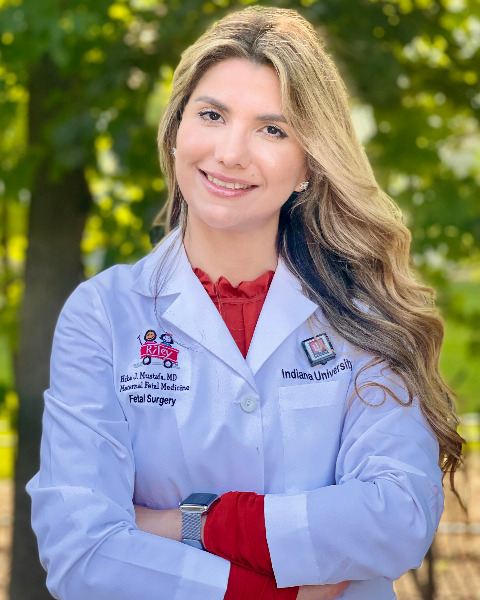Category: Fetus
Poster Session II
(479) Perinatal Outcomes Following Fetoscopic Laser Surgery for Early Twin-to-Twin Transfusion Syndrome
To investigate outcomes of twins complicated by twin-to-twin transfusion syndrome (TTTS) and treated with fetoscopic laser surgery (FLS) before 18 weeks compared to afterwards and to conduct subgroup analysis of TTTS with FLS < 16 weeks vs at 16-18 weeks.
Study Design:
PubMed, Scopus, and Web of Science were searched systematically from inception until February 2022. Studies reporting outcomes of TTTS with FLS before 18 weeks compared to afterwards were included. Primary outcome was survival and secondary outcomes included preterm premature rupture of membranes (PPROM), preterm birth (PTB), gestational age (GA) at delivery, and birth-weight centile. The random-effect model was used to pool the mean differences or odds ratios with corresponding 95% CI.
Results:
7 studies encompassing 152 TTTS with FLS < 18 weeks and 812 TTTS >18 weeks were included. TTTS stage III was significantly higher in < 18 weeks (OR: 2.21 (95% CI 1.76, 2.78). No significant differences in outcomes including PPROM, PPROM < 7 days post-FLS, PTB, delivery < 7 days post-FLS, FLS-to-delivery interval, and donor/recipient birth-weight centile. Survival including fetal demise, live birth, and neonatal survival were not significantly different. Donor fetal demise was significantly lower in FLS < 18 weeks (OR: 0.71 (95% CI 0.61, 0.82). Subgroup analysis of TTS with FLS < 16 weeks and 16-18 weeks, incidence of TTTS stage III was 74% (95% CI 0.00, 100) in < 16 weeks vs 54% (95% CI 37, 70) in 16-18 weeks. Incidence of double fetal demise was 33% (95% CI 7, 76) in < 16 weeks vs 13% (95% CI 7, 24) in 16-18 weeks. Incidence of single and double survival at birth were 37% (95% CI 9, 79) and 25% (95% CI 4, 72), respectively at < 16 weeks vs 52% (95% CI 36, 67) and 50% (95% CI 19, 81), respectively at 16-18 weeks.
Conclusion:
In early TTTS treated with FLS, outcomes were comparable between those before 18 weeks compared to after 18 weeks. In the subset of TTTS treated with FLS before 16 weeks, procedure is feasible but with substantial risk of perinatal mortality; however data come from very small studies.

Hiba J. Mustafa, MD
Assistant Professor of Fetal Surgery and Maternal-Fetal Medicine
Indiana University Riley Children's Hospital Fetal Center
Carmel, Indiana, United States- FA
Faezeh Aghajani, MD
University of Maryland
Baltimore, Maryland, United States - MM
Maryam Moghbel, MD
Indiana University
Indianapolis, Indiana, United States - PA
Pedro Pablo Arias Sánchez, MD
Indiana University
Indianapolis, Indiana, United States .jpg)
Asma Khalil, MD, MSc (she/her/hers)
Professor of Maternal Fetal Medicine
St George's Hospital, University of London
London, England, United Kingdom

.png)
